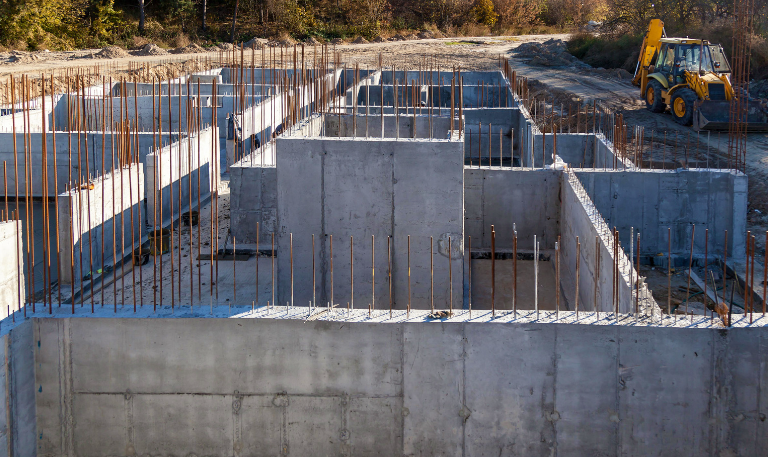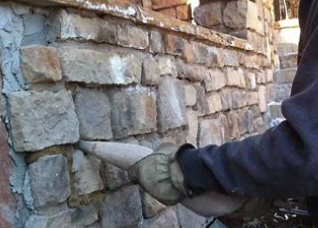How Many Concrete Bags Do You Need? 7 Steps To Calculate
Having an idea of the number of concrete bags you will need in advance of a construction project can help you more accurately estimate:
- The timing of the project
- The necessary labor, transportation, and equipment for your project
- Your overall project costs
Below, we list the steps you will need to take when it comes to calculating concrete bags. We also give our tips on when to use bagged vs. yard concrete you will need.
Steps to Calculate How Much Concrete Bags You Will Need
- Measure the length and width of the area you will be covering
- Multiply the length by the width to determine the square footage of your area
- Determine how thick you want your concrete to be
- Convert the thickness of your concrete from inches to feet
- To determine the cubic feet you will require, multiply the thickness in feet by square footage
- Multiply your cubic feet by .037 (or divide by 27) to determine cubic yards
- Divide your cubic yards by yields:
- 40-pound bag will yield 0.011 cubic yards (90 bags to the yard)
- 60-pound bag will yield 0.017 cubic yards (60 bags to the yard)
- 80-pound bag will yield 0.022 cubic yards (45 bags to the yard)
Expert Advice: Being slightly over and having a bit of waste is preferable than being under in something as time-sensitive as setting concrete.
The weight of a concrete bag varies from supplier to supplier. Ernest Maier produces bagged concrete in the form of cement, mortar and grout, with the weight ranging from 50 to 80 pounds per bag. We also have a concrete calculator (scroll down) to help you figure out how much concrete you will need, either in bags or cubic yards.
Do You Need Bagged Concrete or Concrete by the Yard?
For larger jobs, such as concreting over driveways, it is easier to order concrete by the yard. Smaller jobs such as concreting your patio, footings, or walkways would be better served by the use of concrete bags or one of our mobile mix trucks.
Bagged concrete is the ideal choice for:
- Setting posts for mailboxes or fences
- Repairing foundation walls, steps or walkways
- Pouring over smaller curbs, ramps or steps
- Footings for pergolas, walls, decks and more.
If you are purchasing bagged concrete in bulk, you will likely be able to have it delivered to you. If you only need a few bags of concrete, however, most companies will need you to handle transportation on your own. If you require equipment to mix your concrete, you can use a rented mixer, but if you have only a few bags that you need to mix, a wheelbarrow will do the trick.
If you are using ready-mixed concrete by the yard, you will need to know how many yards of concrete you will need to have delivered to you. Many companies have a minimum order of 1 yard, and may charge shortage fees if you order partial batches. An average truck can hold between 9 to 10 cubic yards of concrete.
It is not likely that you will require ready-mixed concrete by the yard for smaller projects. Concrete by the yard is most often used for concreting over:
- Large driveways, patios, pool decks, and more
- Parking lots or commercial sidewalks
- Poured foundations for houses

Inside SalesChris Cantin
Latest News

4 Ways To Reinforce Concrete
Concrete is one of the most fundamental materials used in construction. If you’re working on a domestic project or a […]

The Environmental Benefits Of Using Ready-Mix Concrete
The construction industry is changing quickly to meet the growing demand for sustainability and eco-friendly practices. One of the most […]

6 Essential Tips For Grouting Stone Veneer
Grouting stone veneer is an important step in the installation process that can significantly impact the overall look and durability […]

Should You Fill Hollow Concrete Blocks?
Hollow concrete blocks are widely used in construction due to their strength, versatility, and lighter weight compared to solid blocks. […]
